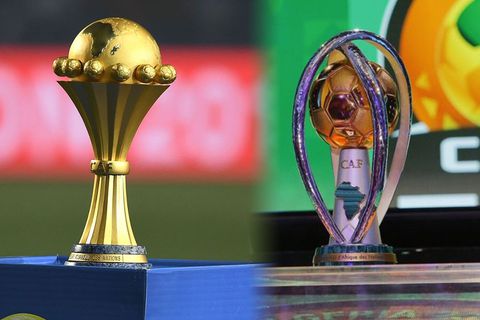The Africa Cup of Nations (AFCON) and the African Nations Championship (CHAN) are both major football tournaments organized by the Confederation of African Football (CAF), but they differ significantly in terms of purpose, player eligibility, and prestige.
The most critical distinction between the two lies in player eligibility. AFCON allows each participating national team to select players regardless of where they play professionally. This means stars like Mohamed Salah, Sadio Mané, or Michael Olunga, who play their club football outside their home countries, are eligible to compete. This global selection pool makes AFCON a high-profile competition that attracts immense media attention and showcases Africa’s top football talent.
On the other hand, CHAN is designed exclusively for players who are active in their own domestic leagues. This rule means that even if a player holds nationality for a country but plays abroad even within Africa they are ineligible to participate. For instance, a Kenyan footballer based in Tanzania cannot represent Kenya in CHAN. This unique format ensures that CHAN remains a tournament focused on nurturing local talent and strengthening domestic football systems.
Beyond eligibility, the objectives of the two competitions also vary. AFCON, first held in 1957, is Africa’s most prestigious football tournament. It is a celebration of the continent’s footballing excellence, generating widespread fanfare, sponsorship, and international visibility. Winning AFCON is a mark of footballing superiority and brings tremendous pride to any nation.
In contrast, CHAN, which began in 2009, was created with a developmental goal in mind. It provides a vital platform for players who are often overshadowed by their internationally based teammates during AFCON. CHAN helps spotlight the quality of Africa’s local leagues and encourages investment in football infrastructure at the grassroots level.
While AFCON serves as a stage for Africa’s elite footballers, CHAN is a strategic initiative to boost the visibility of local leagues, promote youth development, and offer domestic players a chance to shine on the continental stage.
Together, AFCON and CHAN contribute to the growth and diversity of African football. One celebrates Africa’s global stars, while the other cultivates homegrown talent and strengthens national football ecosystems from the inside out.

